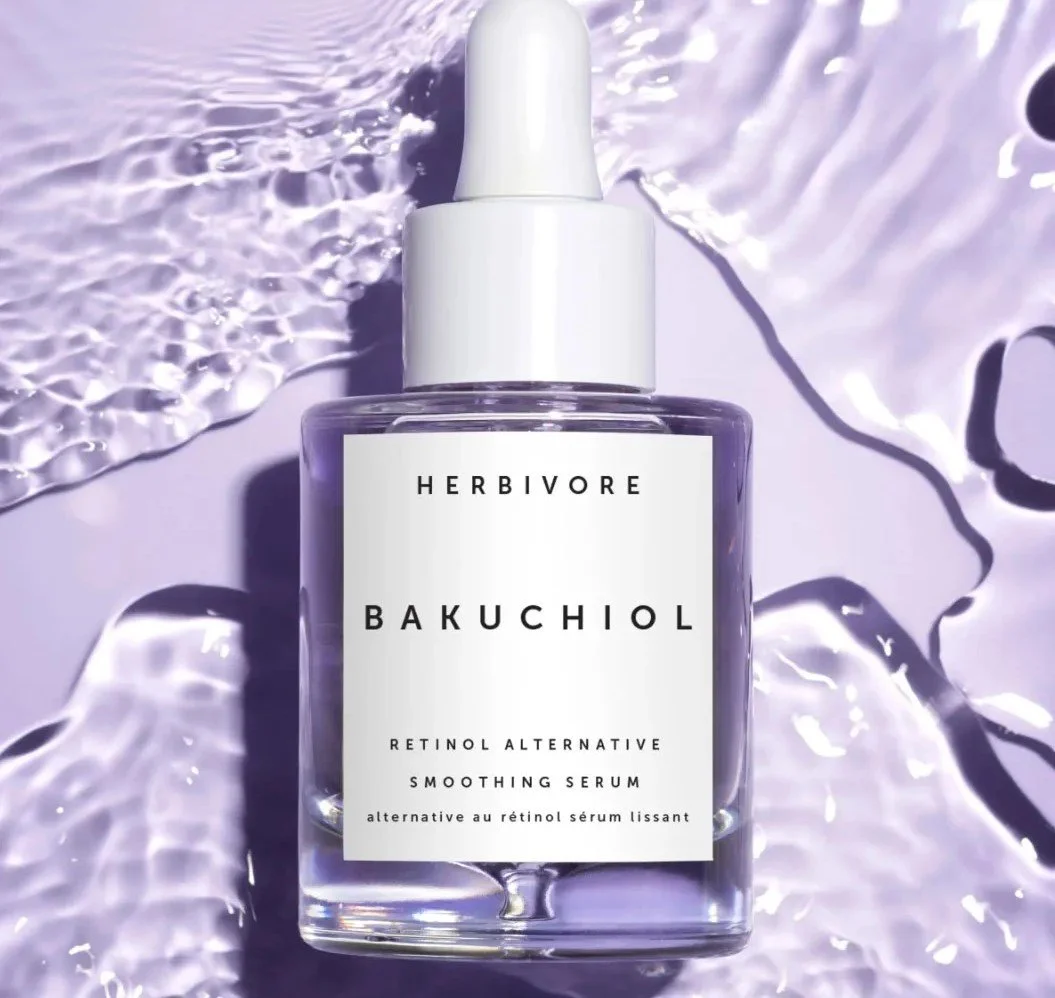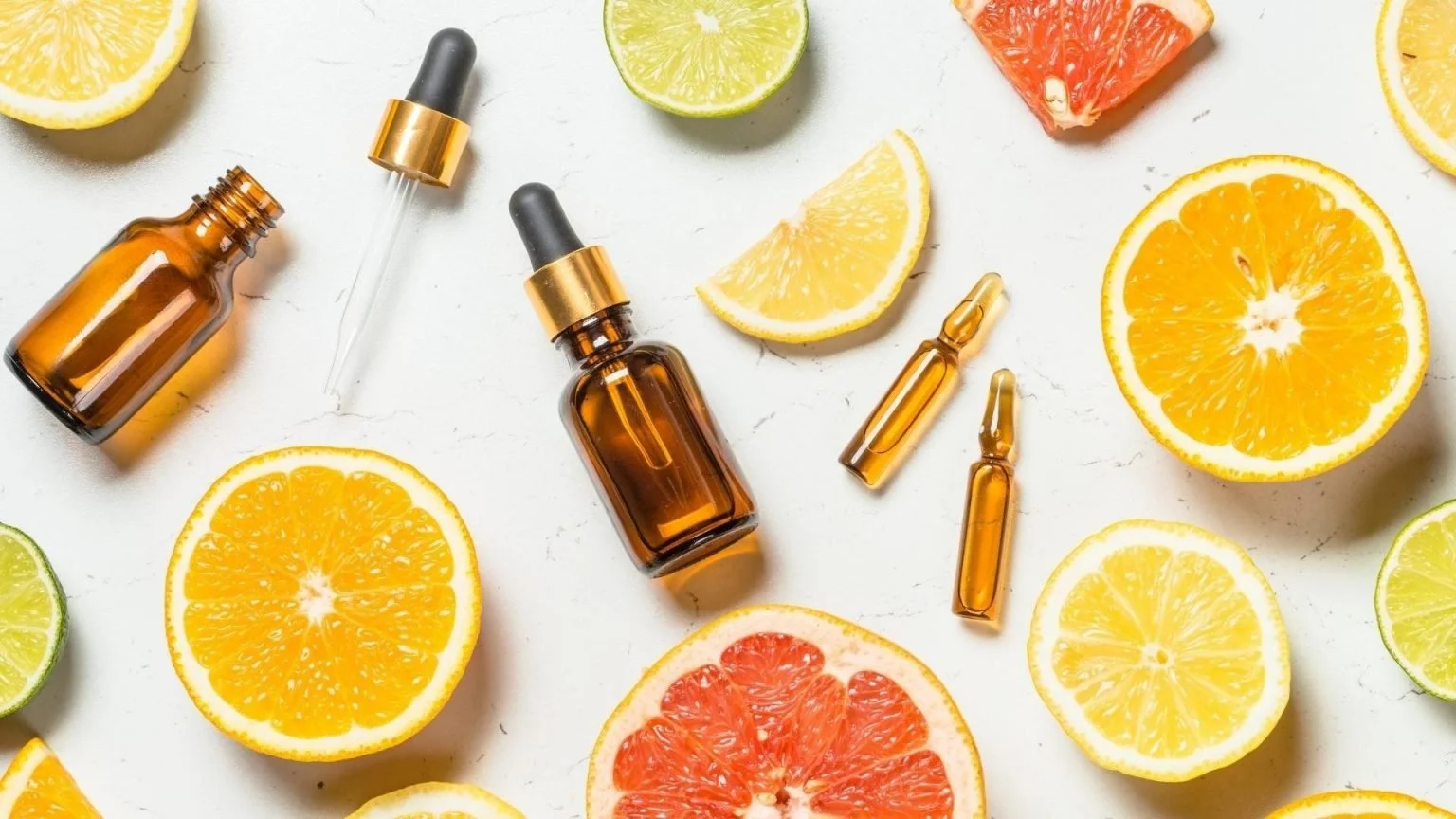The Best Alternatives to Retinol: Other Ingredients You Should Be Using for Radiant Skin
Retinol has long been regarded as the gold standard in anti-aging skincare, valued for its remarkable ability to eliminate wrinkles and enhance skin texture. Despite its many benefits, retinol can be a double-edged sword, particularly for people with sensitive skin. If irritation or dryness prevents you from using this strong substance, don't worry—there are several gentler options that are just as good in keeping your skin beautiful and youthful.
1. Bakuchiol, Nature's Gentle Counterpart.
Bakuchiol, a botanical extract that has grown in popularity for its retinol-like properties without the harshness, ranks first among natural retinol alternatives. Bakuchiol, which is derived from the babchi plant's seeds and leaves, works to reduce fine lines, wrinkles, and uneven skin tone. Bakuchiol stands out for its ability to increase collagen formation and expedite cell turnover while remaining gentle enough for sensitive skin types. According to studies, when used consistently, bakuchiol lowers indications of aging in a similar way to retinol but with less side effects such as peeling and redness.
2. Niacinamide, the Multitasking Maven
Niacinamide, often known as vitamin B3, is a potent substance that treats a wide range of skin issues. It promotes protein synthesis in the skin and retains moisture to protect against environmental harm. Niacinamide, unlike retinol, is less prone to irritate the skin, making it a good alternative for people who have eczema or rosacea. Niacinamide can also improve skin texture, reduce pore size, and lighten pigmentation. Its anti-inflammatory qualities soothe the skin, offering a relaxing effect that retinol frequently lacks.
3. Peptides: Building Blocks of Youthful Complexion
Peptides are short amino acid chains that serve as the foundation for proteins in the skin, including collagen and elastin. These proteins are essential for preserving the skin's young firmness and suppleness. Peptides boost collagen formation and repair damaged cells, resulting in less wrinkles and fine lines. Peptides are generally well tolerated because they occur naturally in the body, making them an appropriate retinol option for sensitive skin.
4. Vitamin C, The Brightening Antioxidant
Vitamin C is not only good for your health, but also for your skin. This powerful antioxidant neutralizes free radicals and promot
4. Vitamin C, The Brightening Antioxidant
Vitamin C is not only good for your health, but also for your skin. This powerful antioxidant neutralizes free radicals and promotes your skin's natural regeneration process. Vitamin C promotes collagen formation, keeping the skin tight and reducing the appearance of fine wrinkles. Furthermore, it offers the additional benefit of lightening the skin tone and removing black spots, which can be more difficult with retinol. For the best effects, search for serums containing L-ascorbic acid, the most effective type of vitamin C.
5. Alpha Hydroxy Acids (AHAs), the Smoothing Specialists
If exfoliation is your primary goal, alpha hydroxy acids such as glycolic and lactic acid are great replacements for retinol. These water-soluble acids act by breaking the connections that connect dead cells on the skin's surface, resulting in smoother, more luminous skin. AHAs are particularly useful for addressing dullness, uneven texture, and pigmentation. However, they can be drying if used excessively, so pick a formulation with moisturizing components and use them sparingly at first.
6. Polyhydroxy Acids (PHAs), the New Generation
Polyhydroxy acids are cousins of AHAs, however they are more friendlier to the skin. PHAs such as gluconolactone and lactobionic acid give similar exfoliating advantages while without entering too deeply into the skin, reducing the risk of irritation. This makes PHAs ideal for individuals with sensitive or reactive skin. Aside from its exfoliating abilities, PHAs attract moisture to the skin, keeping it moisturized and plump.








